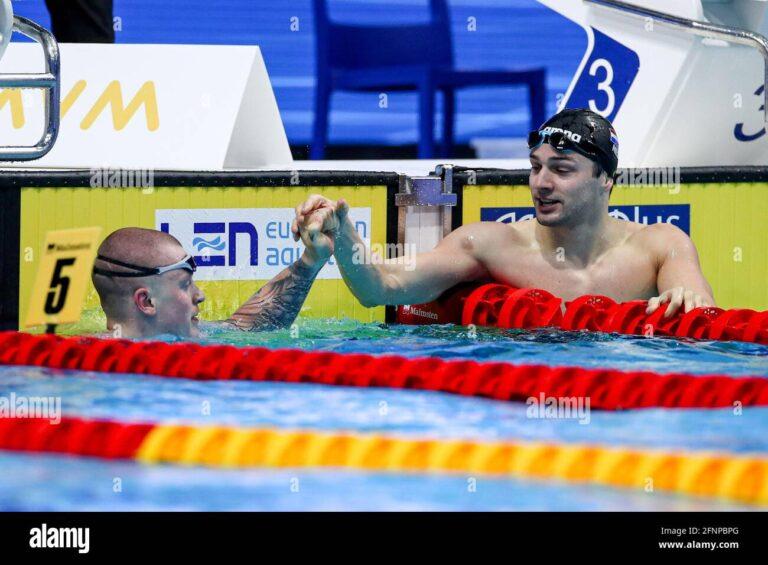One of the most frustrating aspects of Philippine politics is the scandalous dearth of proper political analysis in mainstream discourse. Narratives shape events, and yet our stories about our national politics tend to be more conjectural, if not driven by “marites,” rather than evidence-based and analytically rigorous.
Among commentators, there is a tendency to have an “underdetermined” understanding of how a nation of a hundred million souls is and can be governed. Simplistic description and/or stream-of-consciousness blabber often passes as “analysis.” Back in 2016, the most frequent question I often faced was: “What is Duterte’s real plan?” Seven years later, you can guess what is the question that keeps on popping up whenever President Marcos’ first year in office is mentioned: “What is Junior’s real plan?”
Dear reader, the simple answer is a tad complicated: It depends!
Anyone with a rudimentary familiarity with history would know that actual political events are not shaped by the whims or plots of a single leader, no matter how visionary he/she may be. Instead, politics is often an “overdetermined” phenomenon: Namely, it’s the upshot of the convergence of multiple factors, including human volition and frailties, factional rifts, and vast impersonal forces that shape and constrain even the most powerful state institutions. Not to mention: contingency.
This is especially true in the case of the Philippines, where presidents are, in actuality, far weaker than their formal constitutional powers lead us to believe. Most of our presidents, even the most strong-willed, were often steeped in political improvisation rather than conscious, systematic supervision of a vast, chaotic, and weak state.
My contention is that Rodrigo Duterte did not end up as a “dictator”—he stepped down from office within his constitutionally mandated tenure—not for the lack of will, but instead the dearth of skill and organizational acumen. His amateurish and self-serving foreign policy didn’t end up making us a “province of China” not because of the genius of his strategically patriotic calculus, but instead because of the (surprisingly) widespread resistance to any full-fledged pivot to Beijing.
In short, Duterte’s tenure in office was less shaped by whatever (vague) vision of national governance the former provincial mayor had in mind than by broader political forces, which constrained his ability to fully revamp our political system and foreign policy predistortion. And this brings us to Mr. Marcos’ tenure, which, so far, has been less about any accomplishment per se, but instead about correcting some of the excesses of the previous occupant of Malacañang.
Contrary to both his critics and supporters, Mr. Marcos’ overall management of the country was neither impressive nor disastrous. In the 2023 World Competitiveness Yearbook, which comparatively assesses the overall performance of dozens of nations, the Philippines’ rank slightly declined from 48th to 52nd place. But a huge part of the story is the fiscal and governance mess passed down by Duterte and his cronies: The decline in ranks was due to reversals in sub-indices such as tax policy (from 13th to 14th), public finance (from 51st to 55th), and business legislation (from 52nd to 57th).
Clearly, the controversial Maharlika sovereign wealth fund and the dearth of any substantial anti-corruption initiative will not help the Philippines’ future rankings. But the Marcos administration, contrary to critics, was more effective in handling sub-indices such as economic growth (from 48th spot to 30th), employment generation (from 19th to 9th), and inflation (from 58th to 39th), which are more responsive to short-term macroeconomic interventions.
Arguably the most significant attribute of Mr. Marcos’ first year in office is what can be best described as “political detox”: Not only did the sole son of the former dictator recalibrate his predecessor’s bloody drug war and Red-tagging hysteria, but he also restored strategic ties with traditional allies.
Crucially, the urbane and temperamentally friendly Mr. Marcos has also eschewed, so far, the foul-mouthed, polarizing populism of the Duterte era. As a result, the Philippine media, although still troubled and traumatized, is no longer as besieged. And the Philippine opposition, thoroughly battered through six years demagogic reign of terror, has been handed a desperately needed opportunity for respite and rejuvenation. Yes, we need a visionary leader, but we also needed a big detox!
Subscribe to our daily newsletter
Subscribe to INQUIRER PLUS to get access to The Philippine Daily Inquirer & other 70+ titles, share up to 5 gadgets, listen to the news, download as early as 4am & share articles on social media. Call 896 6000.
This content was originally published here.




















